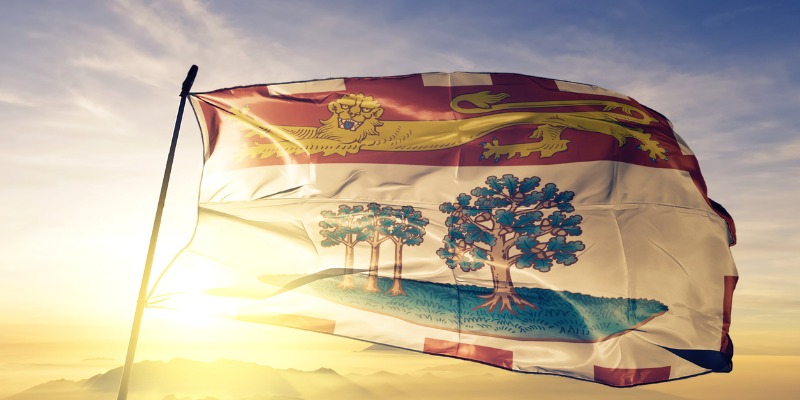P.E.I. government should restrain spending in upcoming budget

As the King government prepares to table its next budget, it will face pressure to increase spending once again. With revenues strongly on the rise and an election on the horizon, the temptation will be strong. Yet a new study published by the Fraser Institute suggests the King government is already a big spender by historical standards.
The study compared Prince Edward Island premiers and their government spending records over time. To ensure comparability, the measure adjusts for inflation and population growth, and only includes spending on programs (and excludes debt interest costs). The result? Among nine P.E.I. premiers since 1965, Premier King has overseen the third-highest average annual increase in per-person (inflation-adjusted) program spending.
Specifically, the King government has increased per-person program spending by an average of 4.3 per cent per year (again, adjusting for inflation) over the three budgets evaluated in the study. This figure was topped only by the Joe Ghiz government at 4.8 per cent and the government of Alex B. Campbell at 8.7 per cent. Looking at more recent comparisons, the previous two governments of Wade MacLauchlan and Robert Ghiz increased spending by 1.9 per cent each, while the Binns government increased spending 2.6 per cent. Clearly, according to the data, King is outspending his recent peers.
One might counter that King and his government have presided over turbulent times during COVID, where many governments expanded their spending programs. While this is true, the King government remains a relatively high spender even when COVID spending is removed from the equation. For the year 2020, total inflation-adjusted per-person spending was $14,839, which declines to $14,082 with COVID spending removed. For 2021, the figures are $15,024 and $14,511 respectively. So even when we exclude COVID spending, the King government has presided over annual spending growth of 3.1 per cent, which is still notably higher than MacLauchlan, Ghiz and Binns.
Placing the government’s spending record in historical context underscores the need for spending restraint this budget season. For evidence of the benefits of spending restraint, the King government can look to New Brunswick where Premier Higgs has presided over a prolonged period of spending restraint. In fact, a similar study found that Higgs has been the most fiscally restrained premier in New Brunswick since 1965, with a reduction in per-person (inflation-adjusted) program spending of -2.2 per cent over his tenure.
The result? New Brunswick has run several consecutive surpluses and paid down more than $2 billion in provincial debt since 2019/20. This has allowed the Higgs government to begin reducing personal income taxes, and provides a strong fiscal base to protect the province against risks such as rising interest rates and an aging population.
This budget season, the King government has an opportunity to put P.E.I. on a stronger fiscal footing by restraining government spending. With spending growth already high by historical standards, restraint would bring his government closer in line with some of his historical peers and create fiscal benefits for years to come.
Author:
Subscribe to the Fraser Institute
Get the latest news from the Fraser Institute on the latest research studies, news and events.

